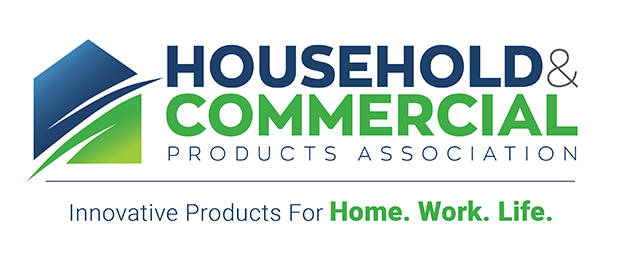Extended Producer Responsibility (EPR)
Legislators seeking to meet self-instituted statewide recycling goals are considering legislation which would require manufacturers contribute financially to the final disposal of their products and their packaging. Extended producer responsibility mandates were defeated in Oregon, Connecticut and Vermont. Working with industry allies, HCPA successfully addressed legislation in Oregon and Vermont that would have created an extended producer responsibility program for household hazardous waste. HCPA also participated in regulatory activities aimed at addressing waste reduction, packaging disposal and retail hazardous waste in California. In Connecticut, HCPA participated on a task force formed to investigate extended producer responsibility programs for product packaging as a way to meet recycling goals. Ultimately, the task force decided to pursue other alternatives for mitigating solid waste.
Environmentally Preferable Procurement (EPP)
Proposals mandating states, hospitals and schools to purchase cleaning products they deem to be environmentally friendly are continually being considered by states. Ten separate legislatures ultimately considered such legislation this year. HCPA will advocate for procurement programs which set clear and attainable standards for manufacturers of cleaning products. Defining “environmentally preferable” products for procurement is a complex issue that should be based on sound science and thorough review, and should take into account both the benefits and environmental impact of consumer and commercial products. Factors such as product safety, efficacy, availability and cost must be given equal weight when examining the environmental characteristics of any particular product.
Flushable Wipes
Municipalities are also looking for strategies to deal with wastewater streams being clogged by consumers flushing products which are not intended to be flushed. States and municipalities often will introduce legislation instituting labelling requirements for these products, which require products to meet specific flushability standards. These proposals improperly punish manufacturers of products which are designed to be flushed. On the heels of one such proposal in the District of Columbia, Maryland introduced similar legislation this year. HCPA engaged other industry advocates in generating opposition to the bill. The industry coalition was successful in stopping the bill in committee and preventing the bill from getting to the floor.


